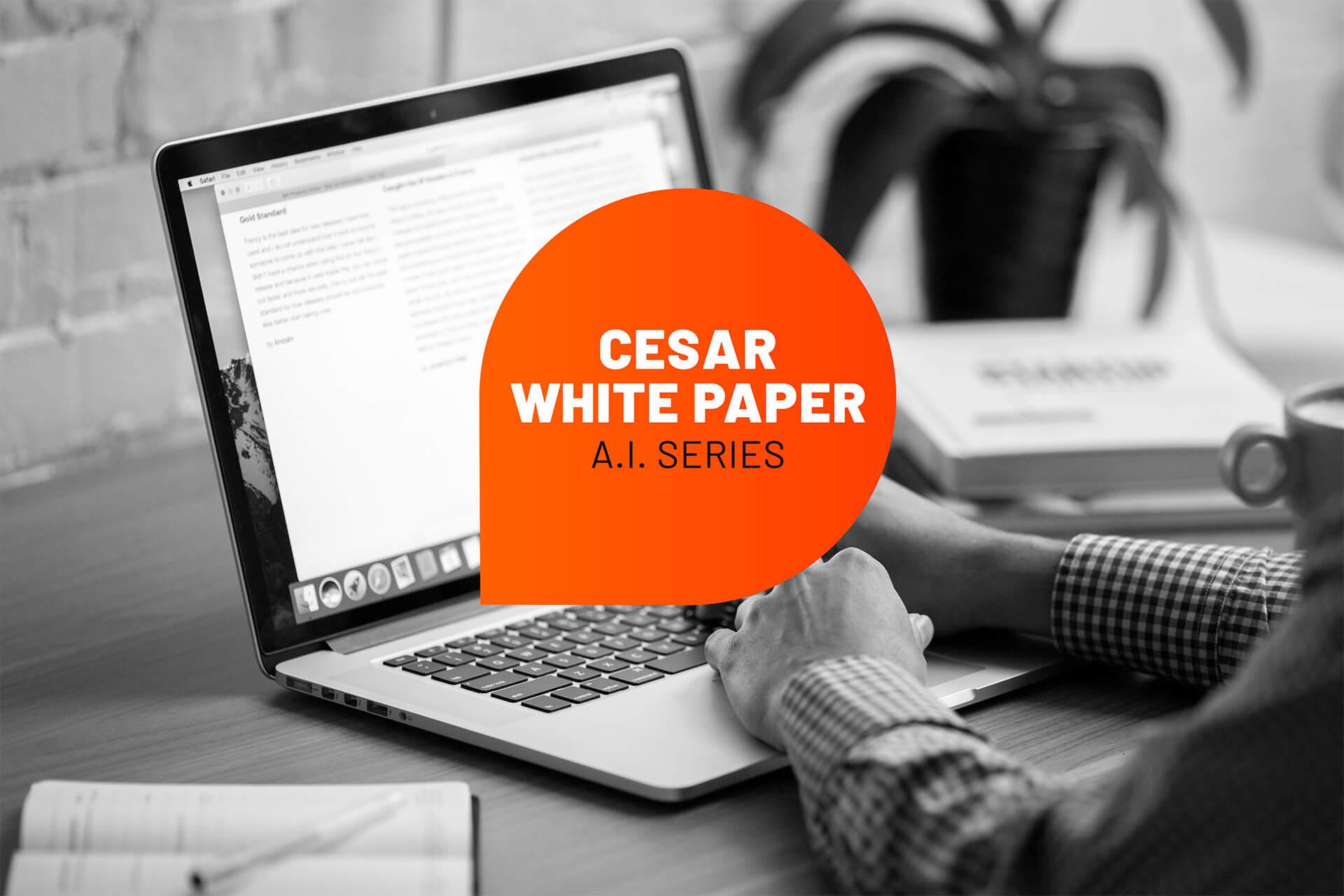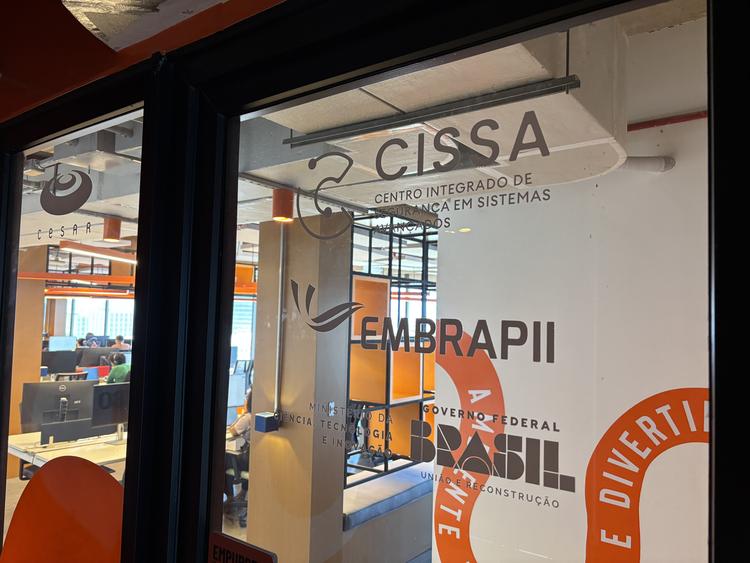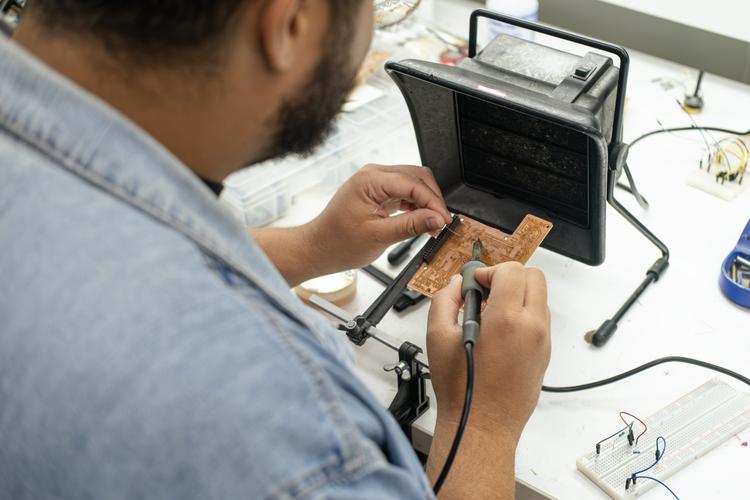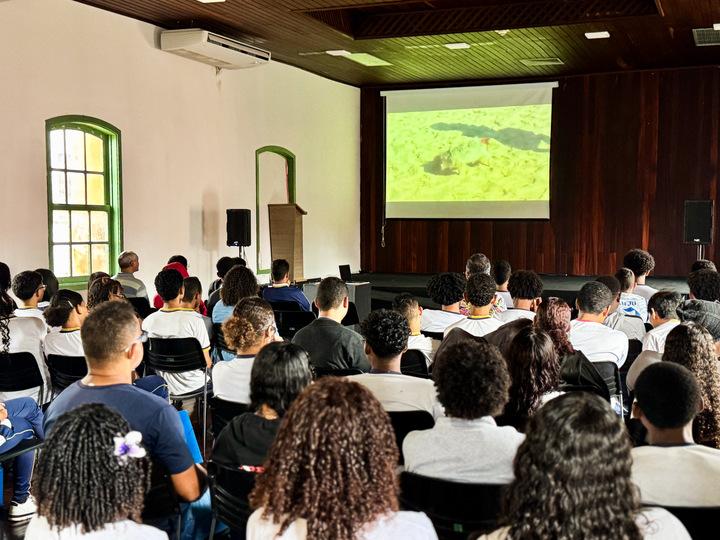3 mins to read
CESAR .
Publicado em: 21 de agosto de 2023
Ten ways to benefit from the power of Generative AI in research

Analyzing large volumes of data, alerting about relevant literature releases, tracking articles and searching for similar works, providing simulations and feedback, generating reports, offering comprehensive summaries, or even emulating the entire systematic review process to quickly synthesize answers to specific questions. Generative Artificial Intelligence has been a prominent topic in various technical fields, including science. The use of tools to significantly speed up and enhance referencing work has been widely discussed and employed.
There are numerous ways in which science can benefit from AI, and in an essay authored by César França, the Head of Knowledge at the CESAR Innovation and Education Center in Pernambuco, Brazil, ten ways to gain meaningful advantages through the use of generative AI technology are outlined. In the text, César (the author) addresses challenges he has faced throughout his scientific journey, from his early academic days to the present, during which CESAR (the organization) has invested in generative AI research to become a reference in its development.
“During the period of my doctoral research, I dealt with problems that transcended the actual borders of the software engineering field. I was dealing with a problem that involved too much psychological knowledge, and I had to talk in person to as many psychology researchers as I could, and read as many psychology papers as possible, to develop a rich perspective about the phenomena I was questioning. However, if tools like ChatGPT were available at that time, they would have saved me a significant amount of time and effort,” says França.
The impact of tools like Google Scholar, Iris.ai, Elicit.org, Consensu.apps, ChatPDF, and many others is notable in the work of scientists worldwide. “I asked ChatGPT: ‘I have a predictive data-based generated model. How could I scientifically validate this model?’ Its answer suggested to me some very interesting approaches such as the Split Sample, Cross-Validation, Temporal Validation and the Domain Expert Evaluation. Some of these methods are explained in more technical articles that would cost me a little more time to find searching on the scientific databases. The AI even provided me with some references and guides to learn more about how to apply or use each of these methods,” exemplifies the Head of Knowledge at CESAR.
Generative AI is like an intelligent toolbox, a complement to human expertise. Critical thinking and domain knowledge remain essential in interpreting and contextualizing insights driven by AI. It’s up to the scientist to choose the methods to be used, taking an active role in guiding the systems to ensure alignment between analysis and research objectives.
The integration of Artificial Intelligence resources into the investigative process allows researchers to continuously improve their activities, collaborate on interdisciplinary projects, and achieve greater visibility and influence in their specific areas. It’s imperative to reinforce: AI can assist human creativity in science in many different ways, but not replace it.
You may also like

Projeto Yara acelera formação de talentos em tecnologia na Zona Franca de Manaus

CESAR e The Shift se unem em série de conteúdos sobre cibersegurança

CESAR potencializa projetos de inovação com novo “fast track” da Lei do Bem, a partir de acordo estratégico entre MCTI e EMBRAPII

